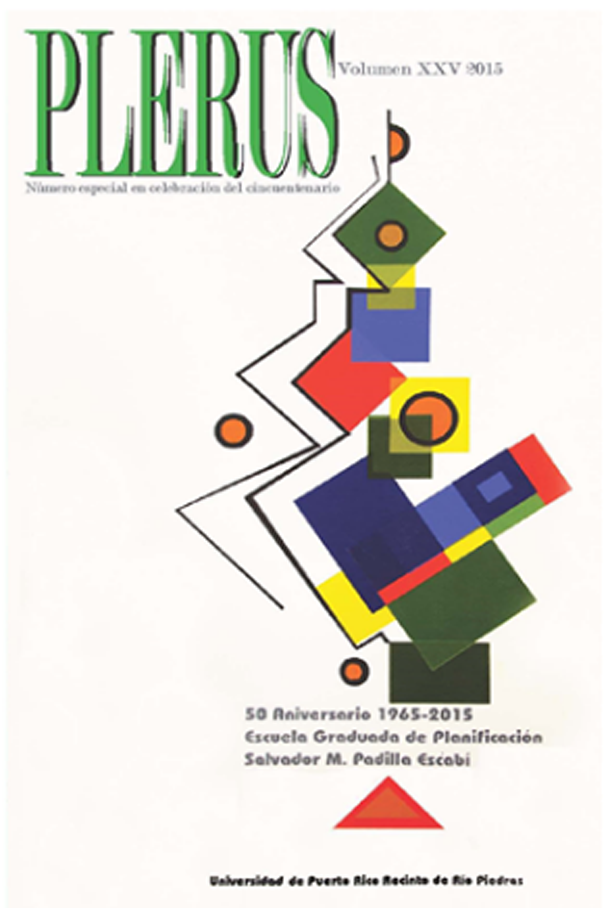Abstract
Regional development theory touches on the role that government and private enterprise play in attaining and sustaining growth and the needed linkages among these actors. Porter, in his cluster theory, highlights the need of linkages to labor and service providers that are often nongovernmental organizations. However, economic-development theory does not amply address the potential role that civil-society mobilization and non-governmental efforts that incorporate broad participation can play in generating jobs and export capacity and in attaining equitable growth. This paper looks at four different regional development initiatives that have followed a knowledge-intensive path to development: two in which organized civil society and broad-based organizations, that combine representation from diverse sectors, have played a leading role and two in which they have not been actively present. This comparative study seeks to answer the following questions through qualitative analysis: How instrumental have been organized civil society and broad-based organizations in a region‘s capacity to generate jobs, to export local goods, knowledge and services, and to attain equitable growth? Are the outcomes of regional development initiatives in which they are actively present significantly different from where they are not? What lessons can be drawn from these experiences that could inform regional development policy? Regions in which non-governmental organizations take on a catalytic role as economic development intermediaries, and in which means for effective participation are provided, are expected to be more successful at attaining equitable growth and high levels of quality of life than those that do not. This would improve their capacity to attract and retain the talent which is crucial for their knowledge-dependent economicdevelopment strategies.Downloads
Download data is not yet available.

